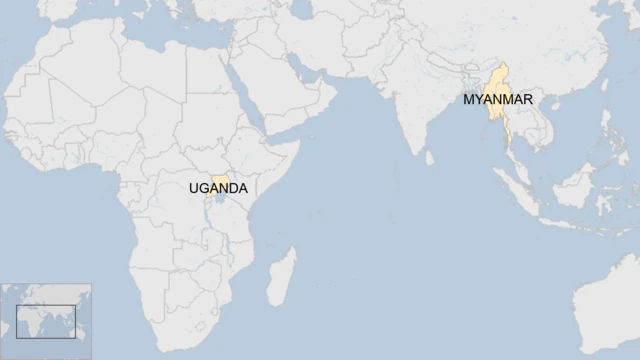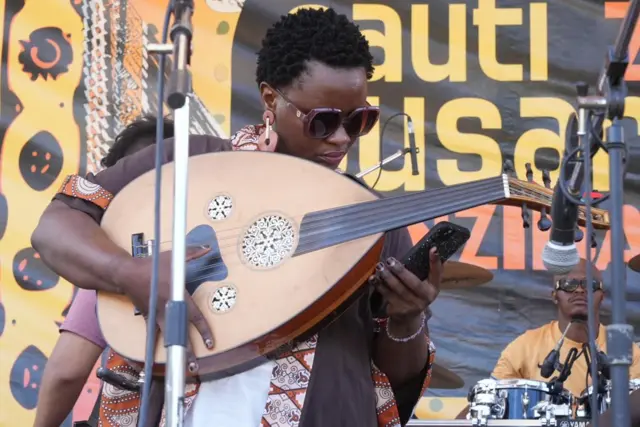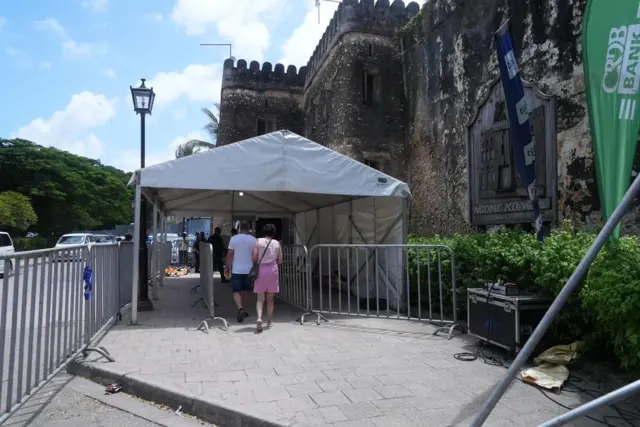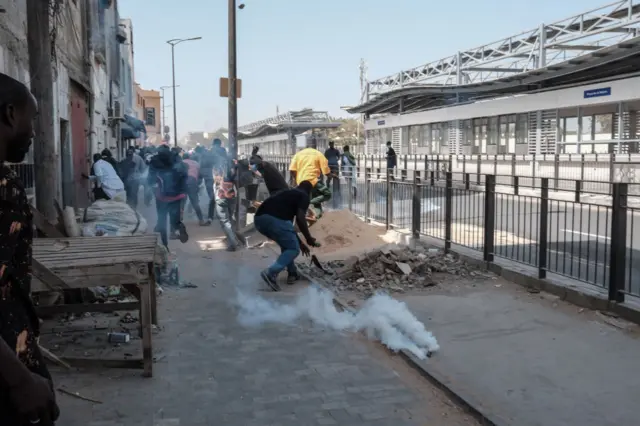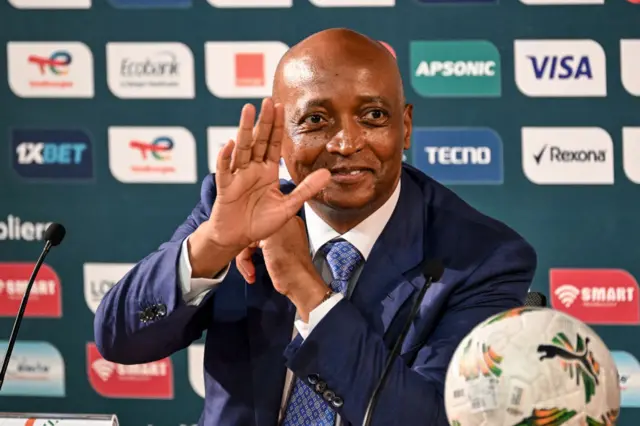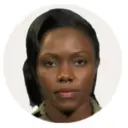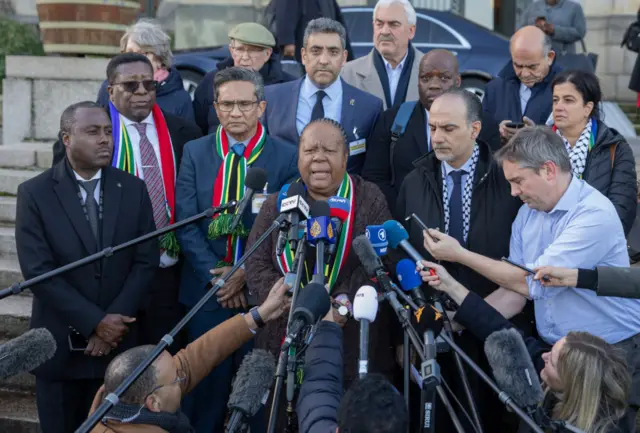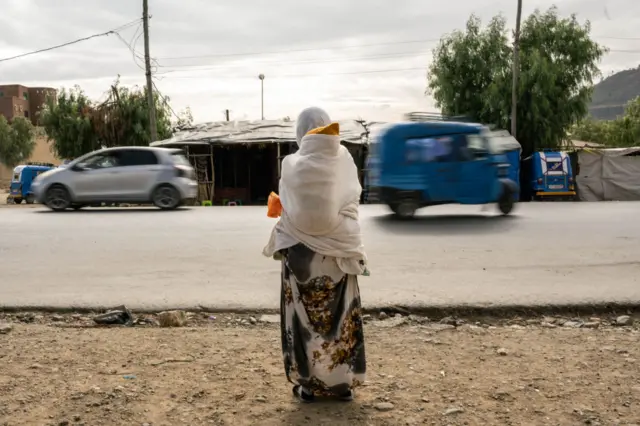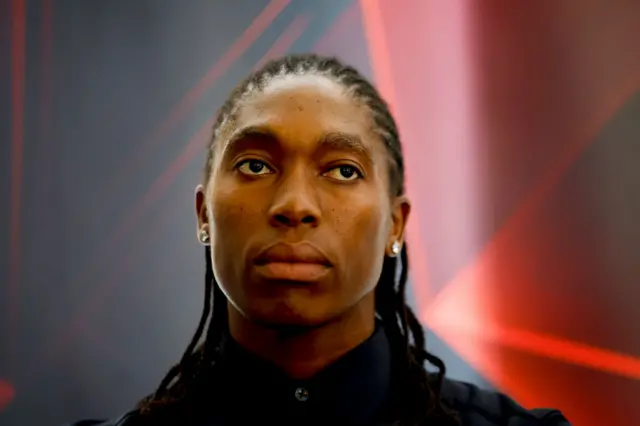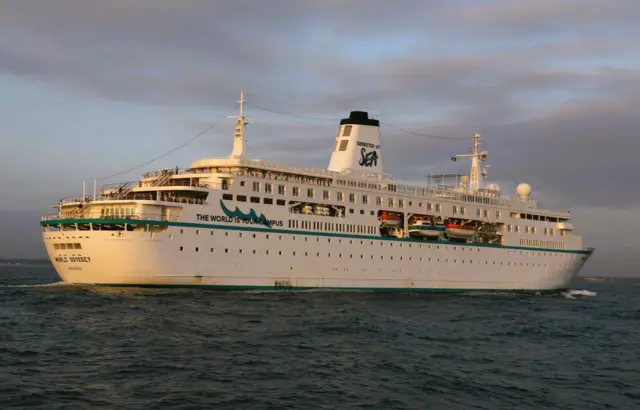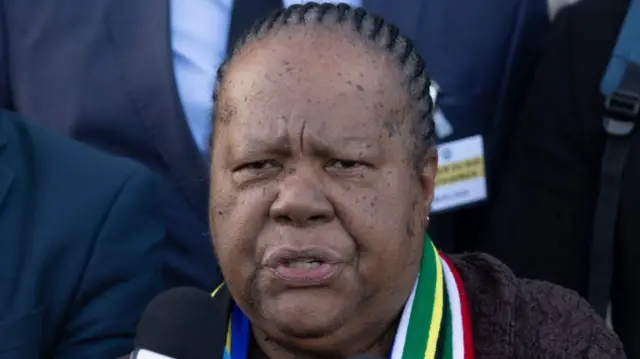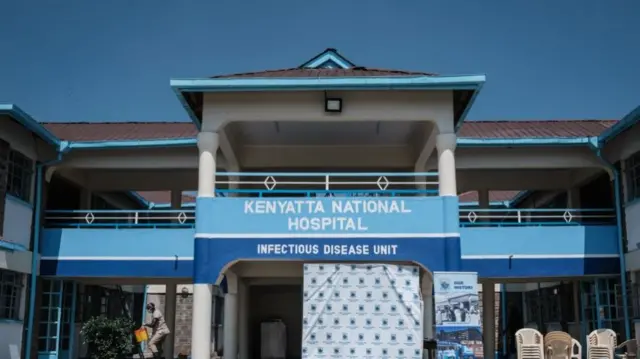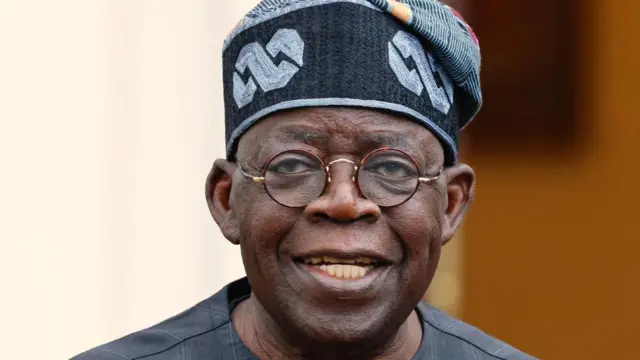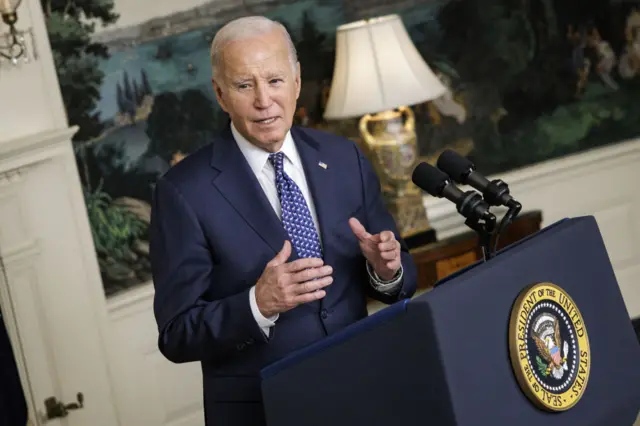Scroll down for Friday's storiespublished at 17:49 GMT 9 February 2024
We'll be back on Monday
That's all from the BBC Africa Live team for this week.
Until we're back, there'll be an automated service here, plus you can get the latest news on or website or listen to our podcasts - Africa Daily and Focus on Africa.
Our African proverb of the day:
Quote MessageA person who does not recognise a medicinal herb defecates on it."
A Rundi proverb sent by Jean Bosco Harerimana in Bujumbura, Burundi
Click here to send us your African proverbs.
And we leave you with this shot of an Egyptian diver mid-air - it's one of our favourite photos of the week:
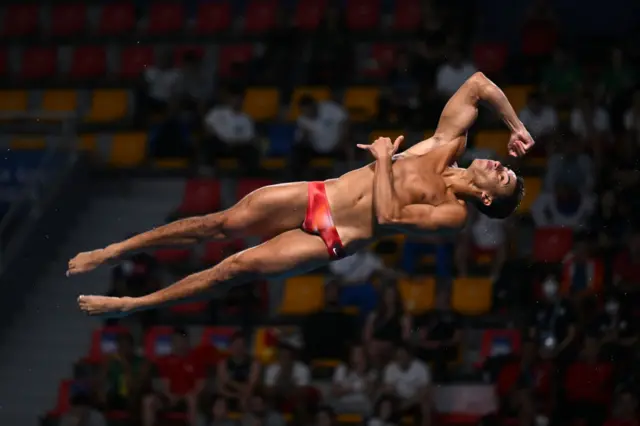 Image source, AFP
Image source, AFP